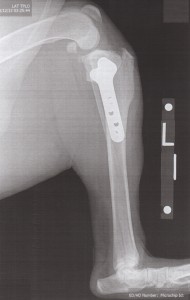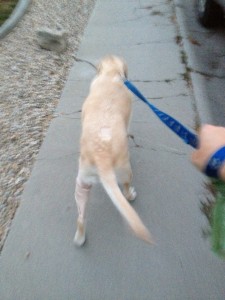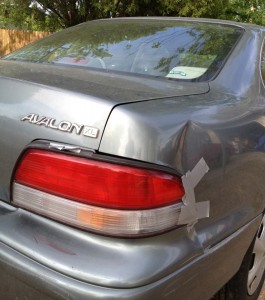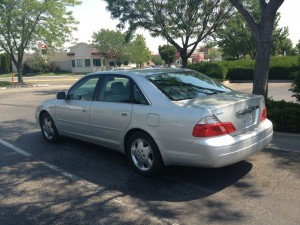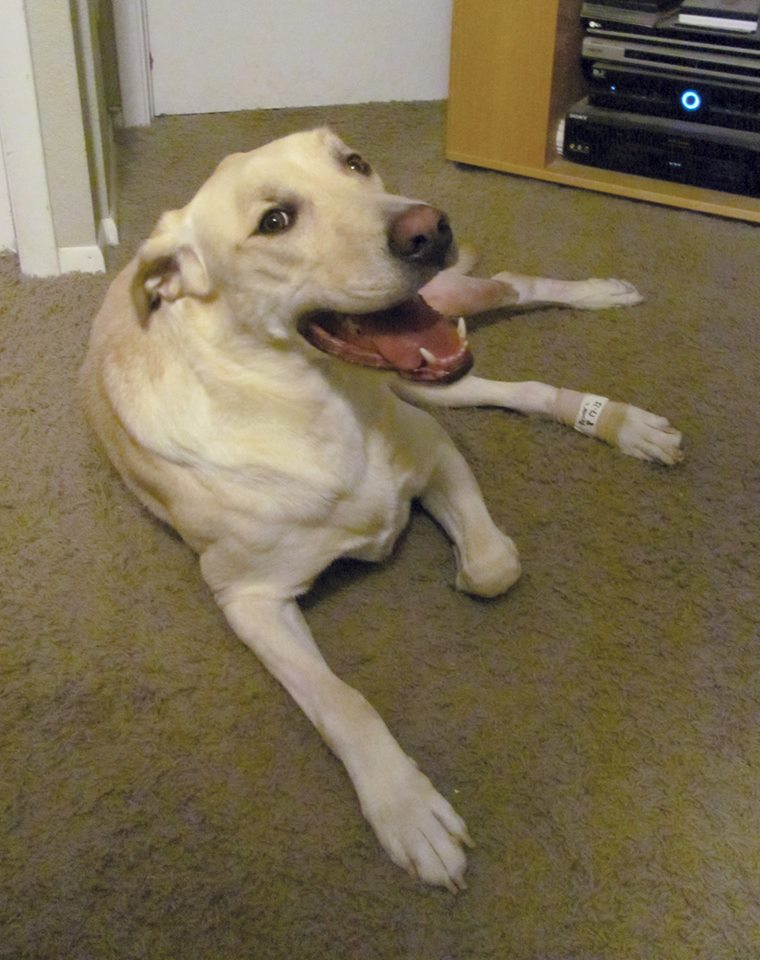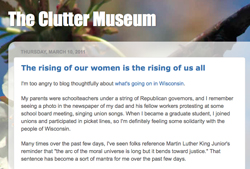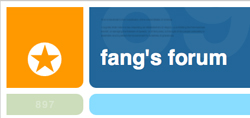I.
To make it clear that Lucas is not their cause, Fang and I try to explain our occasional bouts of depression to him as “bad brain chemicals.”
It’s been a week of bad brain chemicals for me, with the situation becoming critical on Friday, Saturday, and today. I alternated rest with long walks, conversation with inner monologues. These things usually help, but the bad chemicals persisted.
A revelation startled me from my nap this afternoon; I fetched the pill bottle from the bathroom and realized I had accidentally consolidated two different kinds of visually similar pills into the same bottle. I typed the imprint number of one of them into a web-based pill identifier and realized I’d been taking an anti-nausea drug (prescribed to me during my epic bout with pneumonia early this year) instead of an antidepressant. Worse, the anti-nausea pills tempered the first and most obvious withdrawal symptom I experience when I forget to take an antidepressant: nausea.
I popped a generic Prozac into my mouth at 3 p.m. today, my first dose in two weeks.
II.
Tonight I began reading, for the first time—I begin teaching it in my history survey tomorrow—Laurel Thatcher Ulrich’s A Midwife’s Tale. Ulrich interprets the life of Martha Ballard, a New England midwife who kept a journal from 1789 to 1812. Ulrich uses additional sources to enrich and extrapolate from Ballard’s journal.
It’s one thing, I imagine, to read Ulrich’s book, and Ballard’s entries quoted within it, when one is healthy.
It’s another experience entirely when one is ill. I’ve been feeling quiet gratitude all evening for the accident of being born into an era of antibiotics, vaccines, and—yes—pharmacological mental health care.
III.
Ballard’s diary features an extensive cast of characters, but we only ever get fleeting glimpses of them. Undoubtedly Ballard knew her neighbors well—she delivered more than 800 of their children—but I can’t claim the same about my own neighborhood. A casual 21st-century reader of Ballard’s diary probably learns more about her neighbors than I know of mine.
IV.
One of the things I worried about when I first started taking antidepressants more than a dozen years ago was that the remnant darknesses in my brain were the source of my creative writing. I worried that if I messed with the serotonin bouncing between receptors, I’d be disinclined to write. My therapist poo-pooed this fear.
But I was correct. My creative output dropped immediately and precipitously when I started taking the pills.
I’m amused, therefore, that despite the irritability and impaired function that marked the past several days, while I’ve been off my prescription my brain has, unbidden by any conscious desire on my part, been formulating scraps of poetry, little scenes, and character sketches.
V.
When alienated suburbanites discover their neighbors have committed some horrifying crime, a common response is, “but he seemed like such a nice man, quiet. . .kept to himself.” If such were the case with one of my neighbors—he keeps to himself, so I don’t know his name, but let’s go with John—my reaction would be different.
Perhaps: He seemed like such a fastidious man. Not only did he mow his lawn more than once each week, but he used a leaf blower to chase off any stray cut blades that hid in the monotonous green expanse. When he finally committed to the potential messiness of a narrow garden along the foundation of the house, he spent four days arranging and rearranging topiary and potted ornamental grasses before planting them in the completely level ground.
It would be easy to dismiss him, I suppose, as a shallow suburbanite. After all, John looks the part; at a glance, he reminds me of one of the brunette men Fang found interchangeable on Battlestar Gallactica. And his choice of plantings is predictable.
Still, I’m sure the other neighbors appreciate his zen-like dedication to removing the tiniest weeds from the sidewalk cracks, his careful stacking of gray pavers to create a tiny retaining wall at the corner of his yard.
I pretend that because of my generosity of interpretation—John’s behavior is zen, not obsessive-compulsive; he is fastidious rather than shallow—he looks across the street at our yard, shakes his head, and instead of calling our lawn—uneven in grass color, species, and length, and bordered by an untamed profusion of perennials of questionable appeal—trashy, he mutters, That is some serious Dorothy Wordsworth shit.


